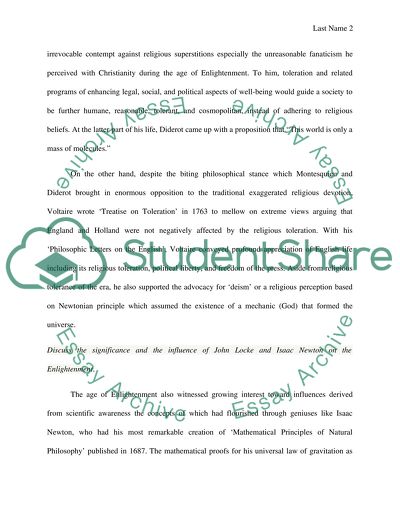Cite this document
(“What specific contributions did Montesquieu, Voltaire, and Diderot Essay”, n.d.)
Retrieved from https://studentshare.org/history/1430376-essay
Retrieved from https://studentshare.org/history/1430376-essay
(What Specific Contributions Did Montesquieu, Voltaire, and Diderot Essay)
https://studentshare.org/history/1430376-essay.
https://studentshare.org/history/1430376-essay.
“What Specific Contributions Did Montesquieu, Voltaire, and Diderot Essay”, n.d. https://studentshare.org/history/1430376-essay.


